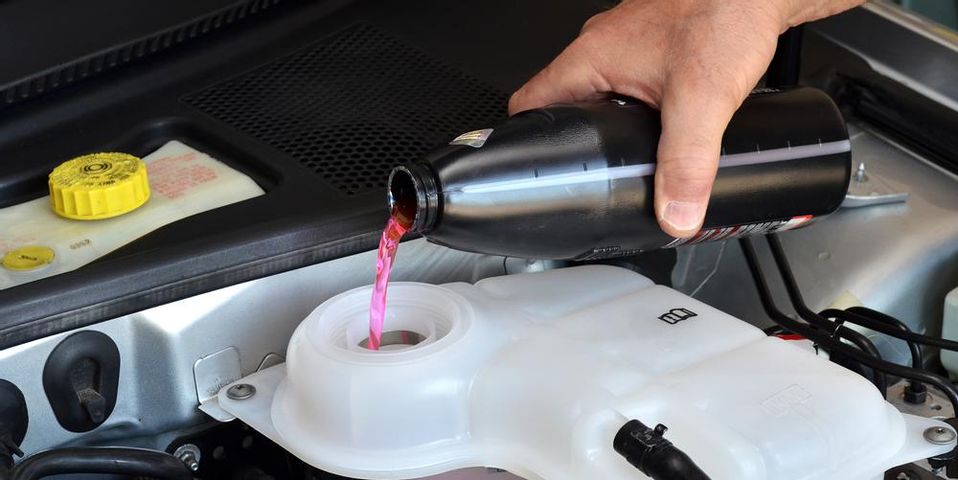What Is Radiator Fluid & Why Is It Important to Change Out?

When it comes to looking after your vehicle, there are a lot of moving parts to keep track of. In addition to monitoring tire pressure and gas mileage, you also need to keep your radiator fluid topped off and changed out to ensure the functionality of your vehicle. Here is a little more information about radiator fluid, and how proper maintenance can help you to prevent auto repairs.
Understanding Radiator Fluid
What Is Radiator Fluid?
Your car’s engine works on the basic premise of combustion. As your motor works, it generates a great deal of heat to drive the pistons that move your car forward—and this heat has to be absorbed to protect the engine components themselves. Radiator fluid, also called antifreeze, is designed to absorb heat and keep the engine cool. As you drive, your engine moves radiator fluid through the engine block, where it carefully controls temperatures and prevents the need for auto repair.
How Often Does Radiator Fluid Need to Be Changed?
 Unfortunately, over time, radiator fluid can start to deteriorate on a microscopic level. As it moves through your engine, it can also pick up small particles of metal and other pieces of engine sludge, making it less efficient. For this reason, most car manufacturers recommend switching out your radiator fluid at least once every 50,000 miles. However, every vehicle is different, and some cars need to have the antifreeze replaced as soon as every 30,000.
Unfortunately, over time, radiator fluid can start to deteriorate on a microscopic level. As it moves through your engine, it can also pick up small particles of metal and other pieces of engine sludge, making it less efficient. For this reason, most car manufacturers recommend switching out your radiator fluid at least once every 50,000 miles. However, every vehicle is different, and some cars need to have the antifreeze replaced as soon as every 30,000.
To find out how often your radiator fluid needs to be changed, talk with an auto repair professional about your car’s maintenance schedule. Try to replace your radiator fluid more often than the maintenance schedule recommends to prevent damage.
If your car has been having problems, don’t hesitate to reach out to the auto repair team at Engel's Auto Service & Towing in Cincinnati, OH. As specialists in both towing and automotive repair, they can help with every aspect of vehicle restoration, including auto body work. Give them a call at (513) 385-8246 the next time you need help; or, send them a note online for more information.
About the Business
Have a question? Ask the experts!
Send your question

